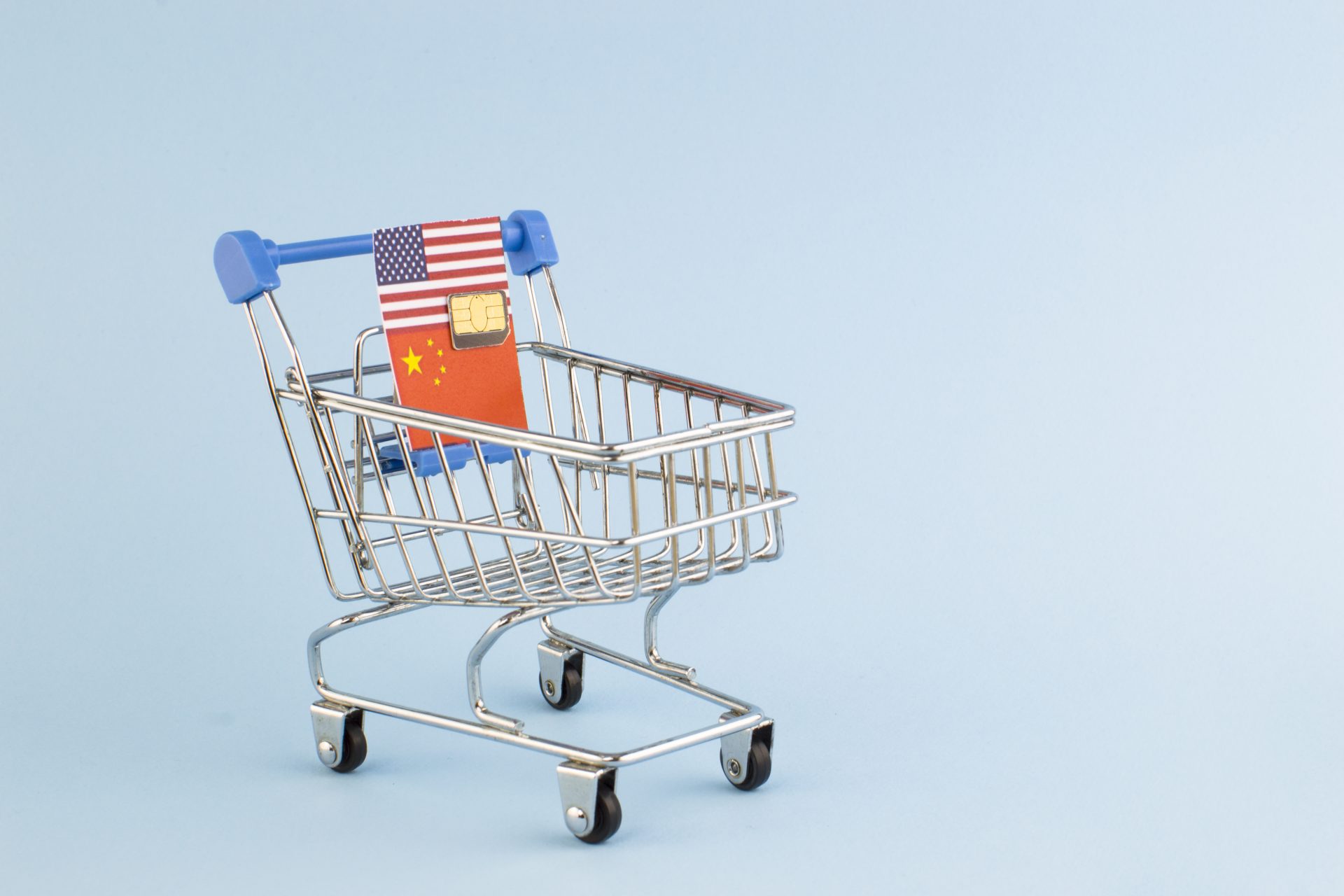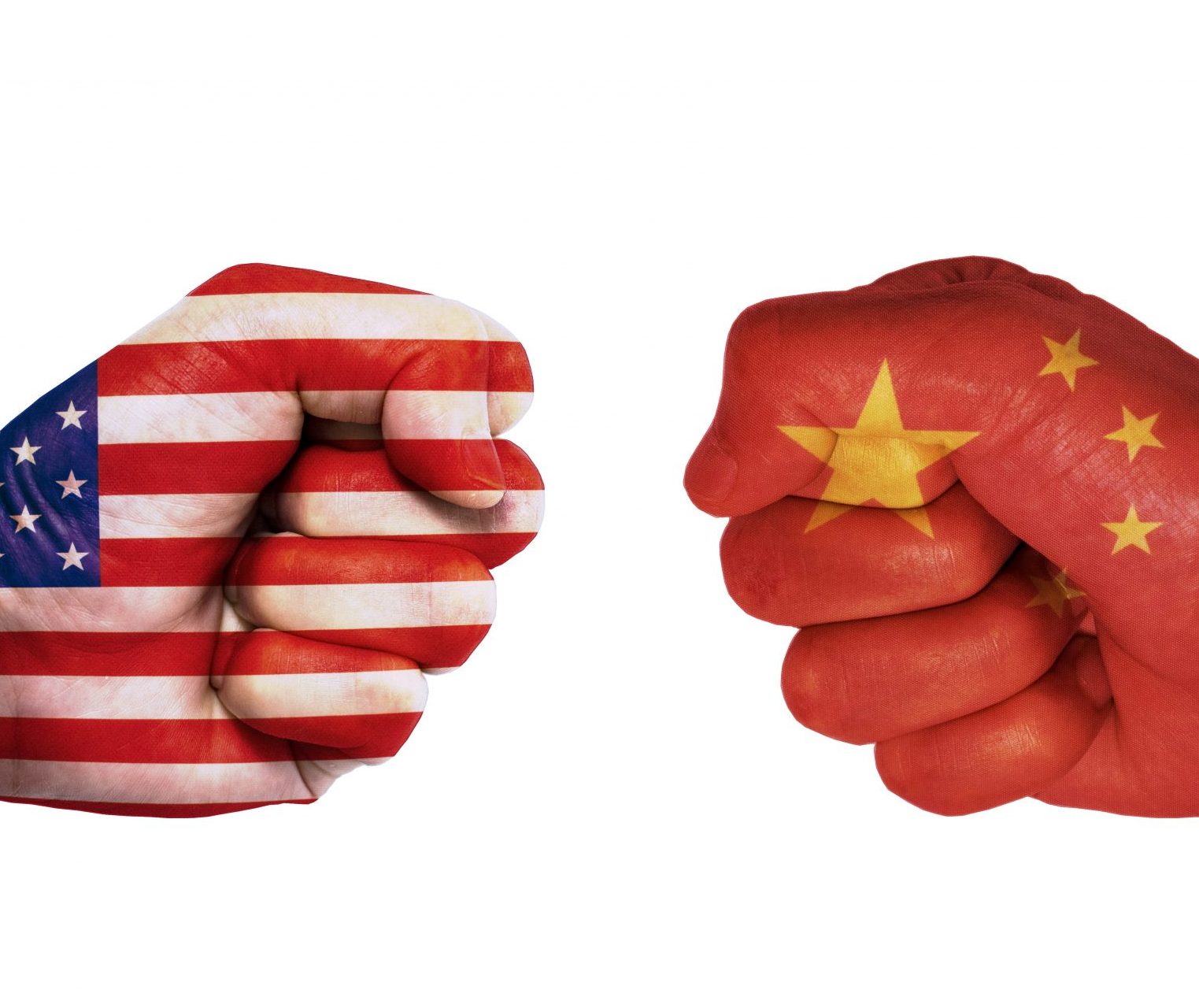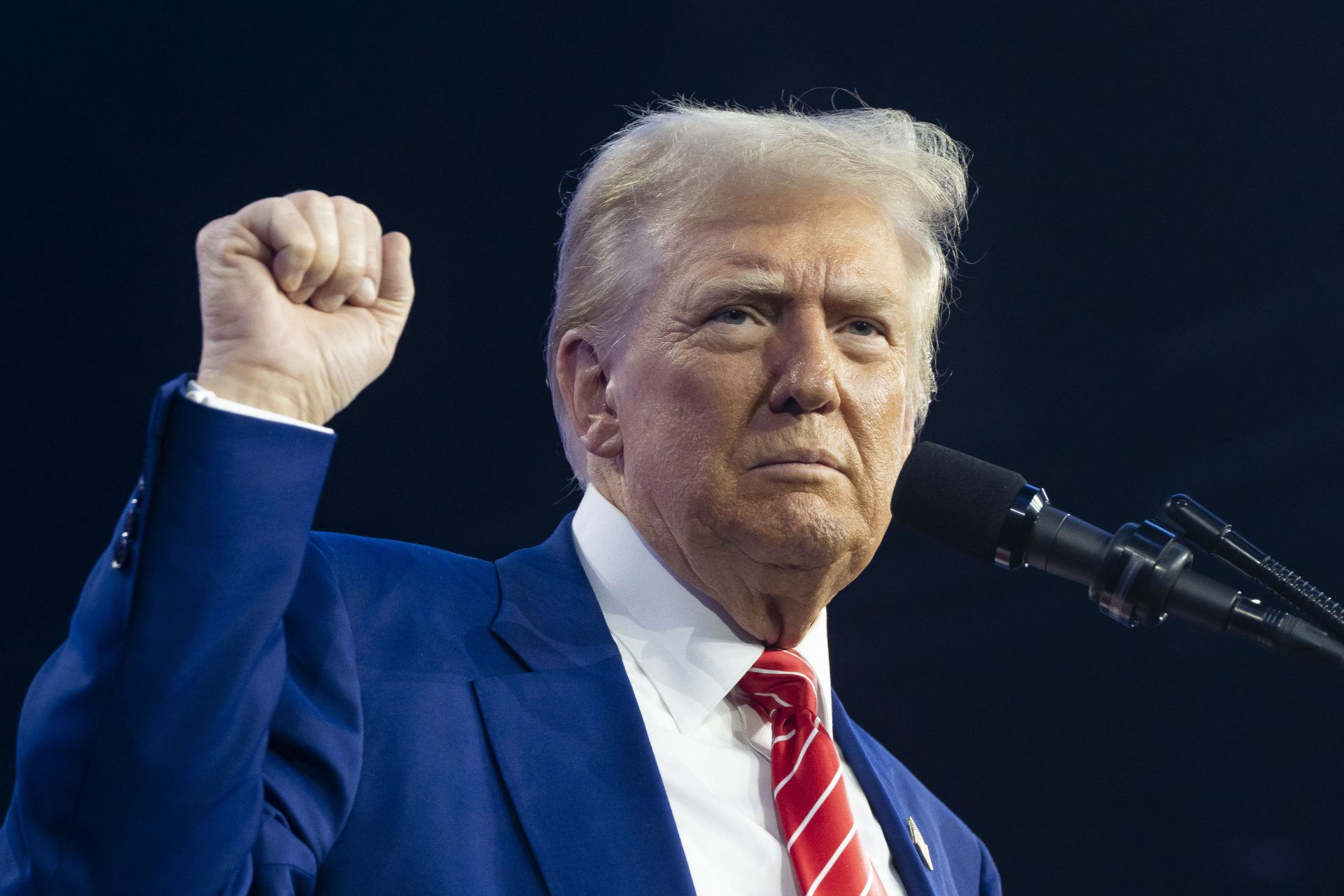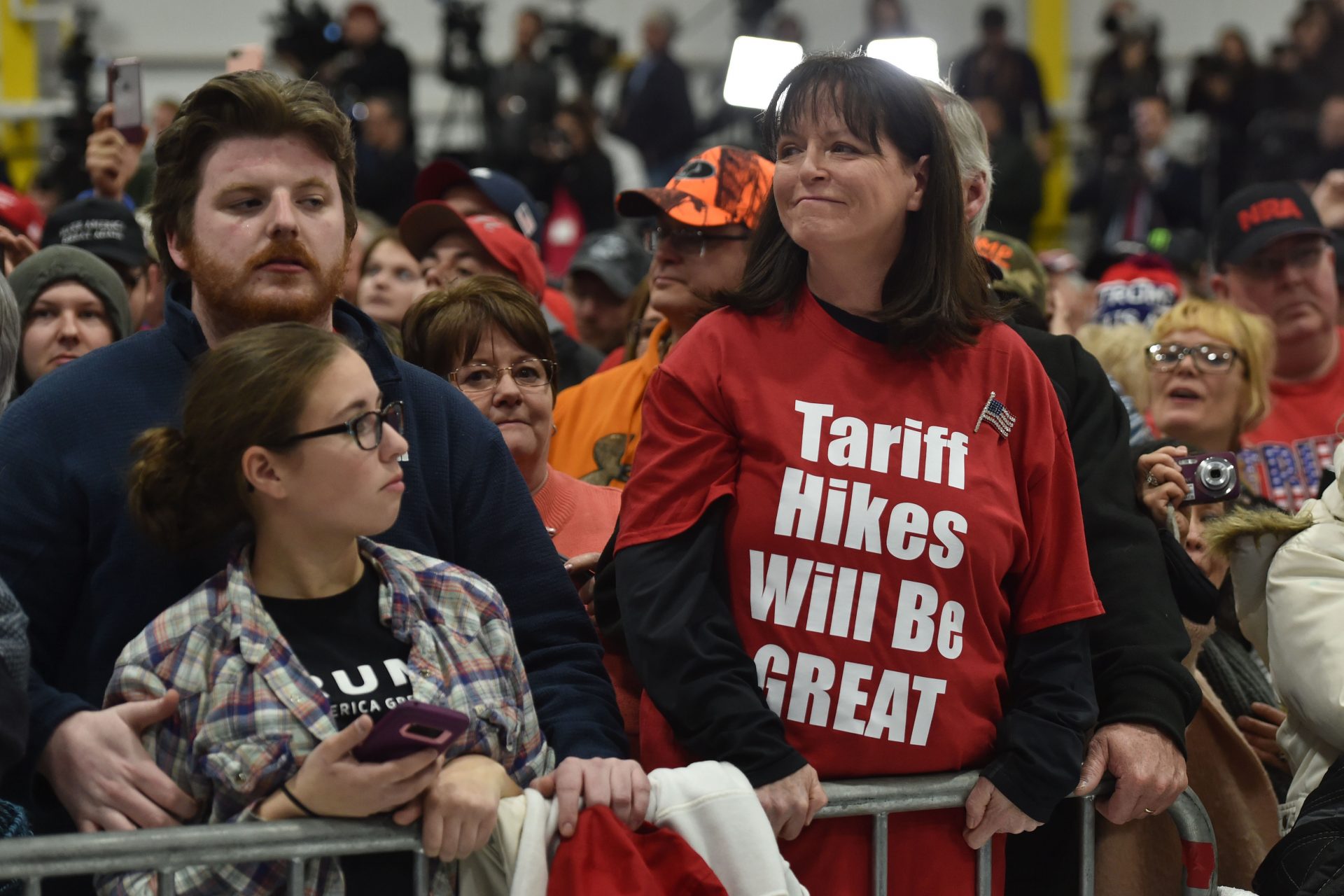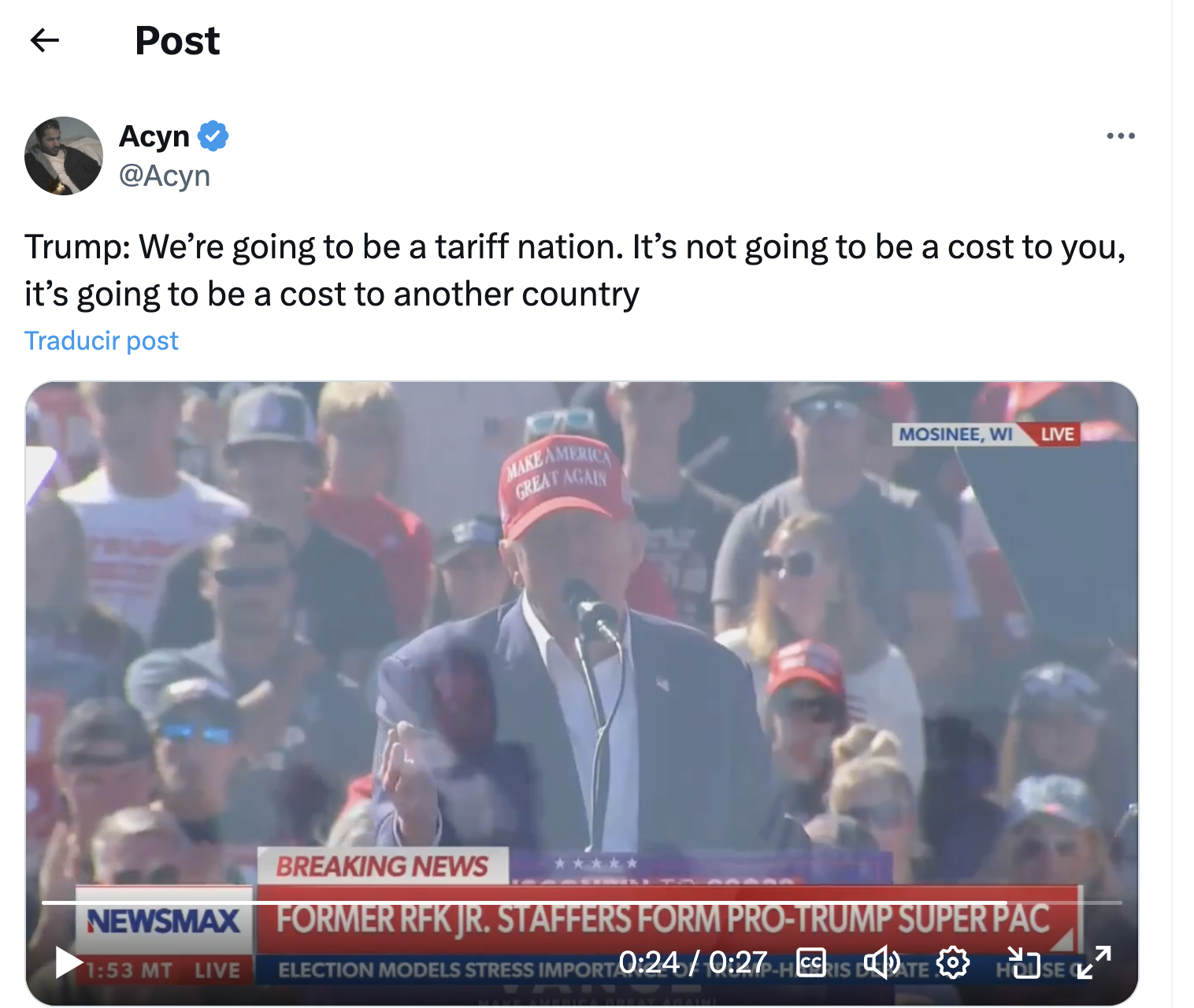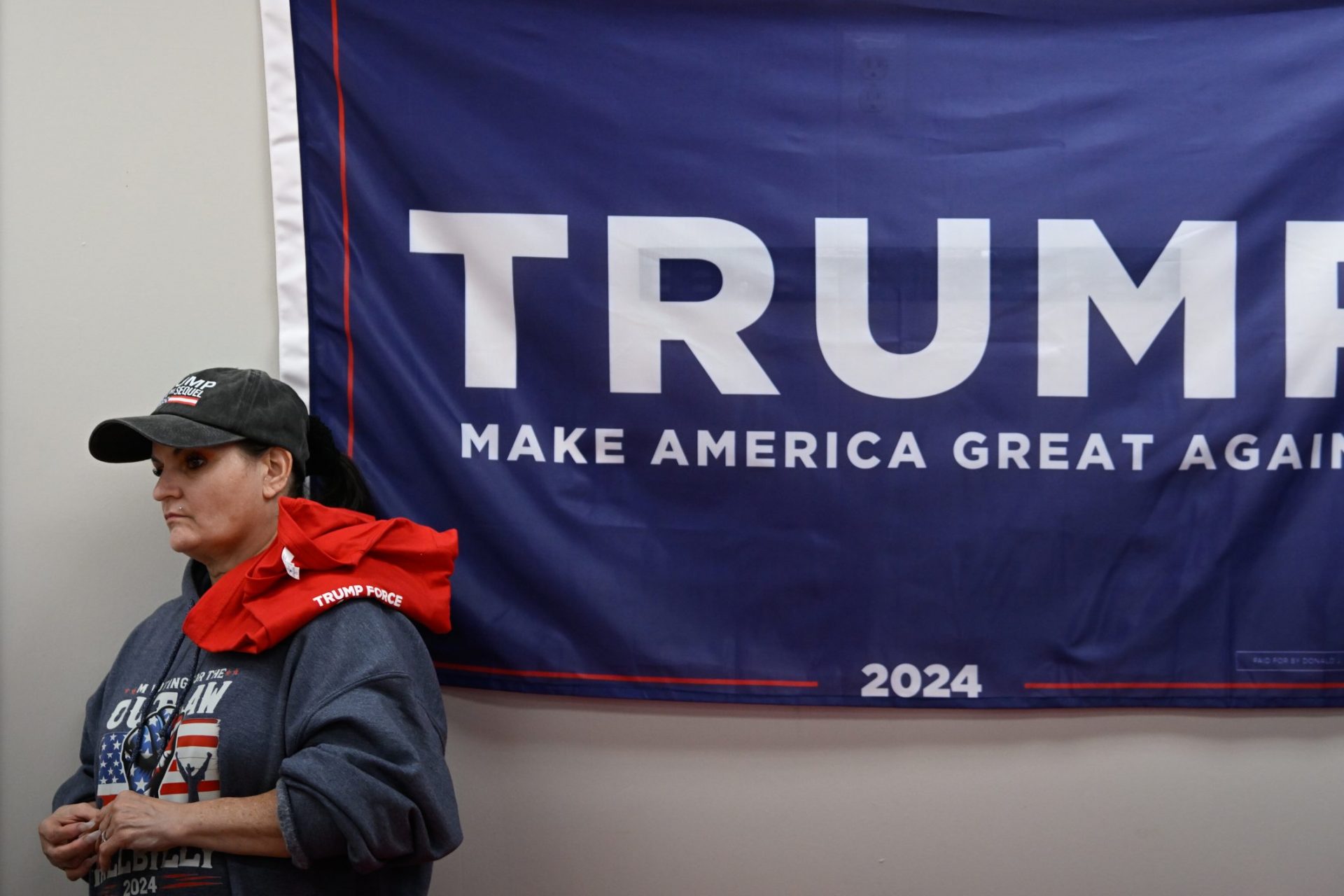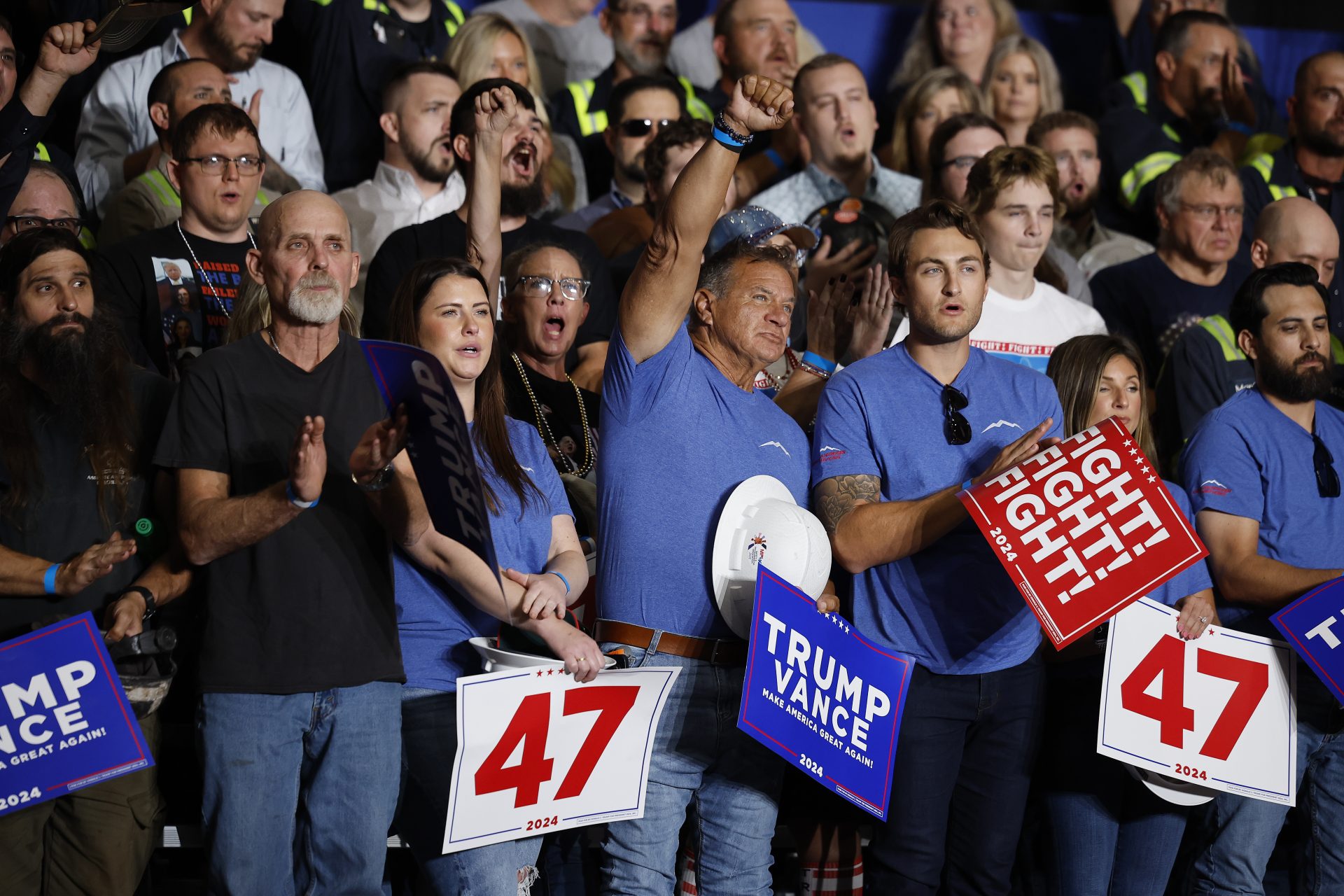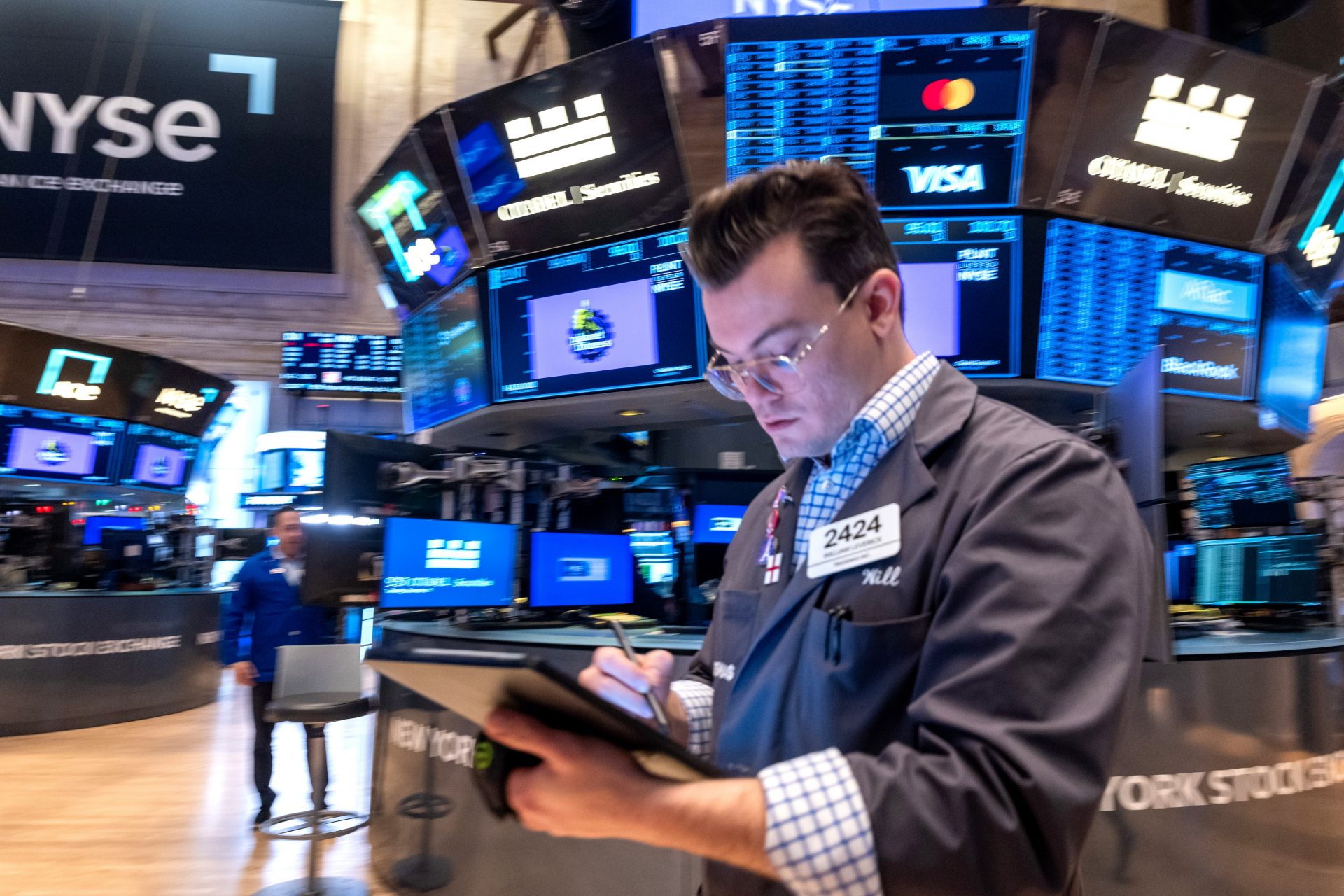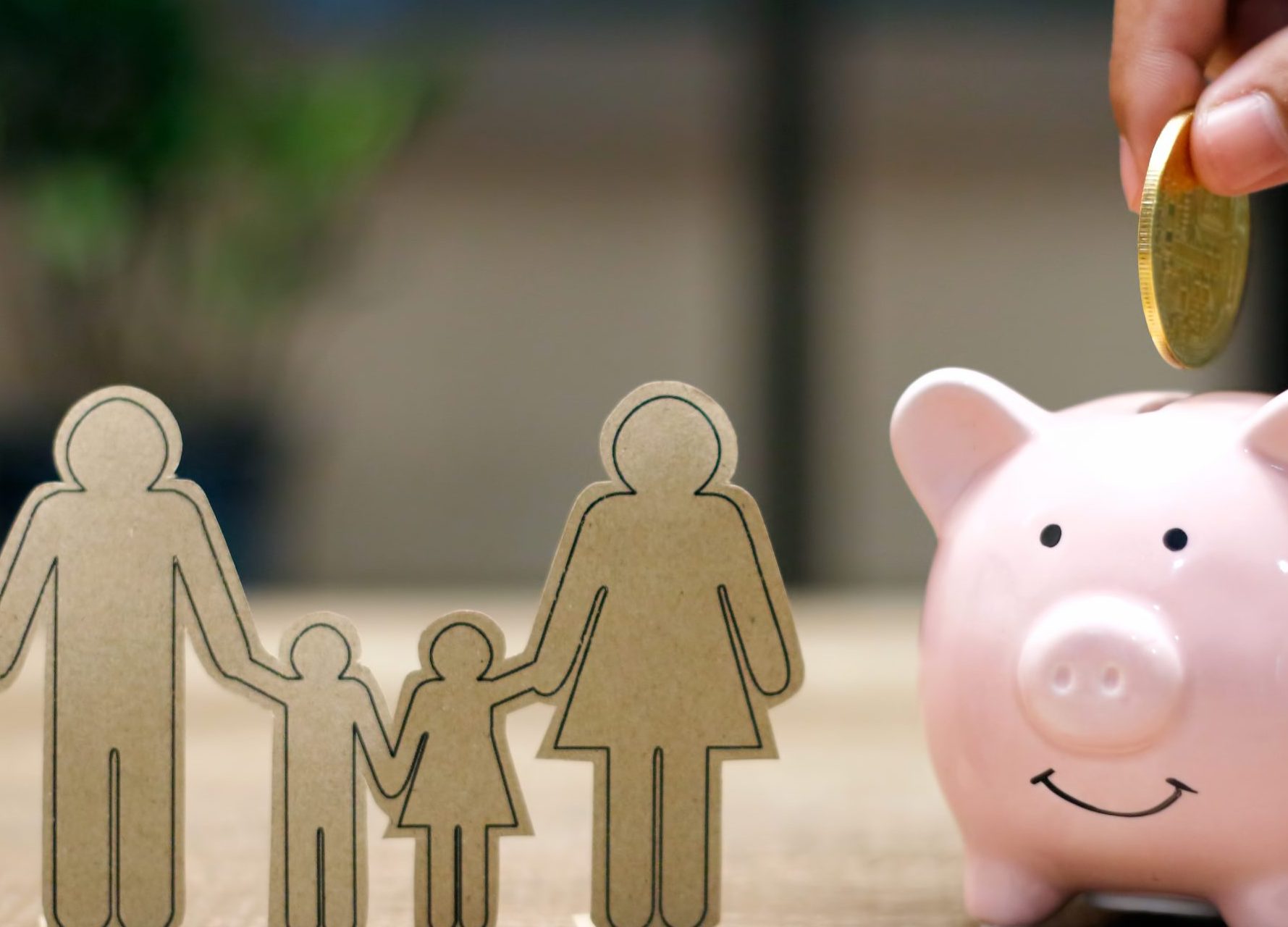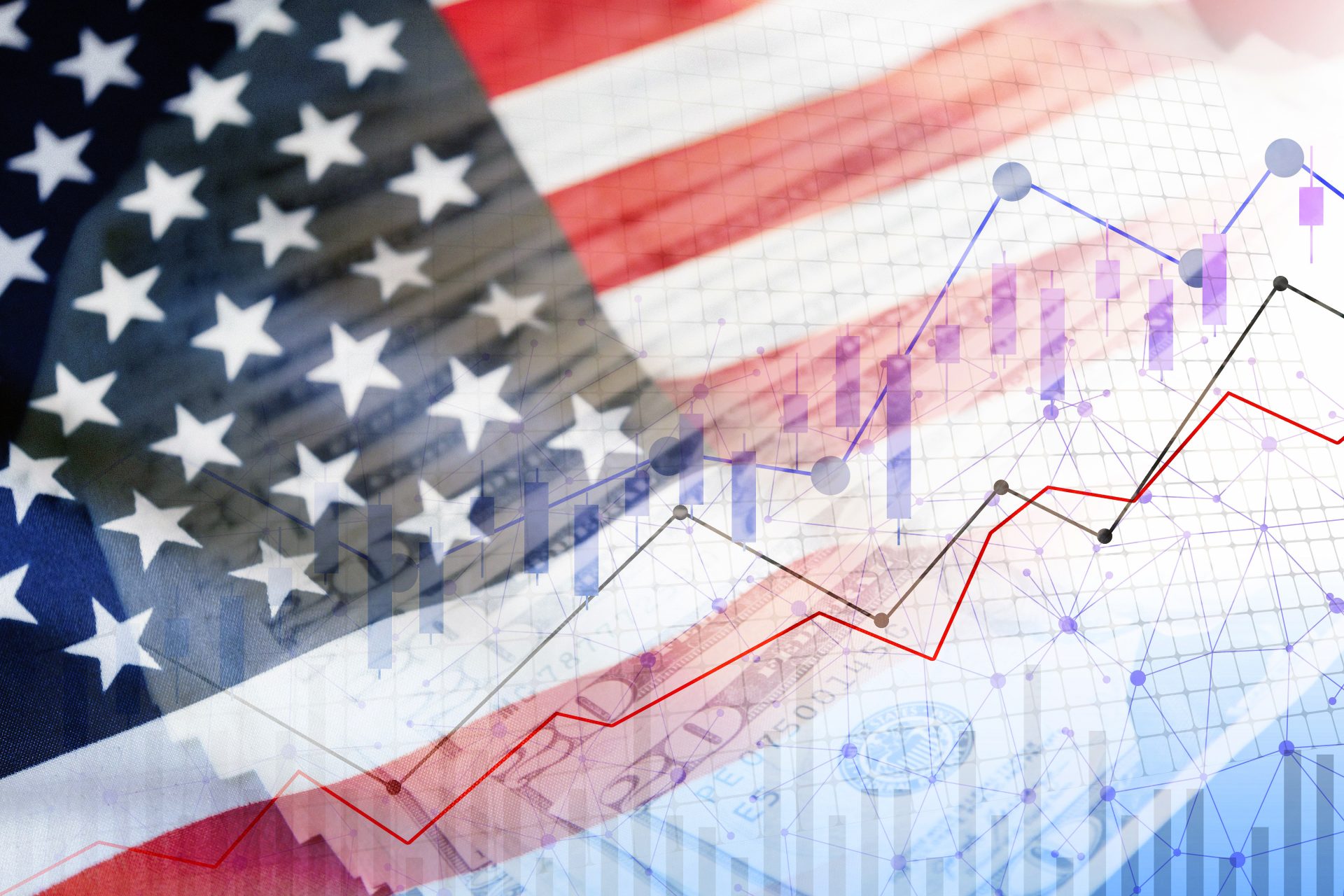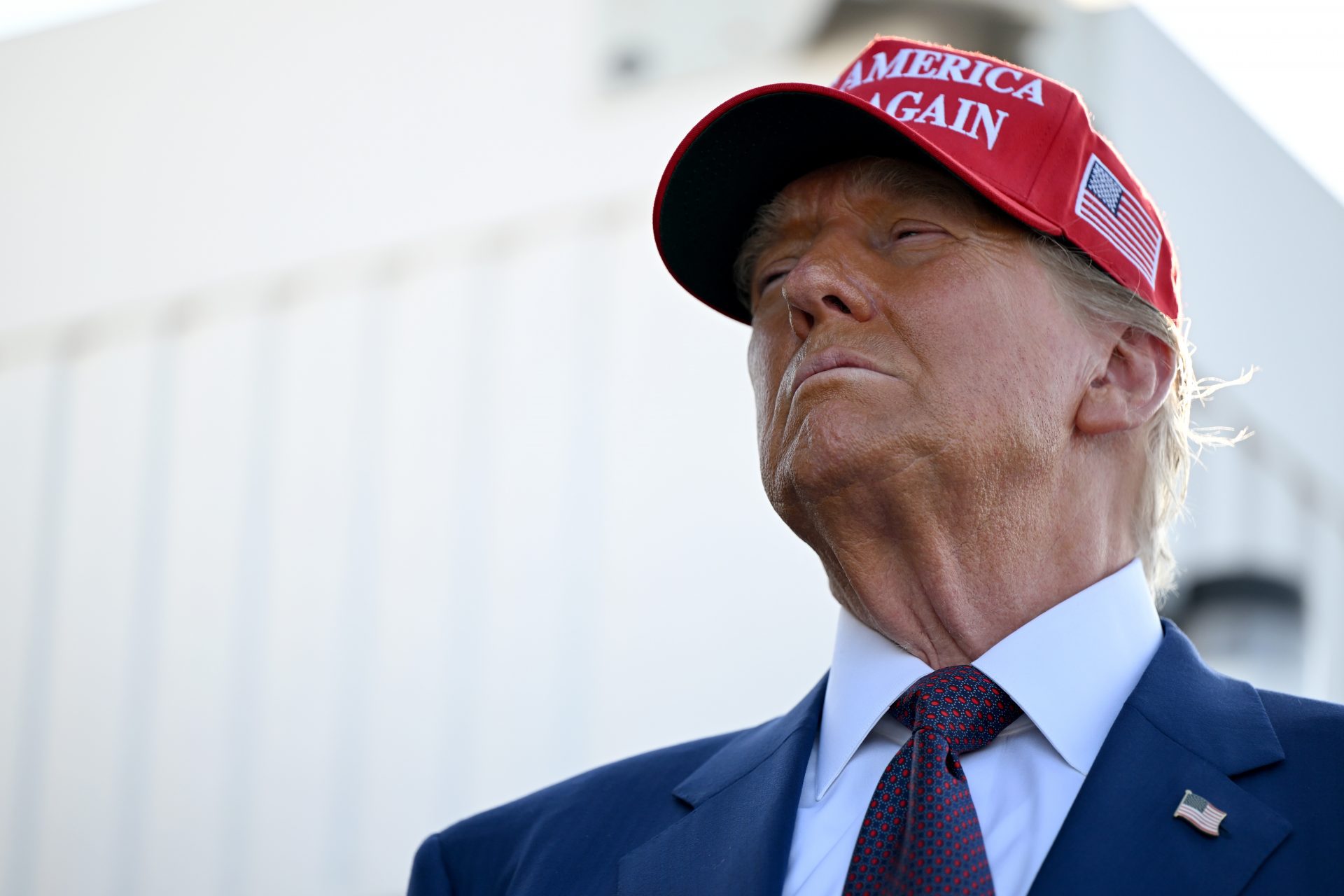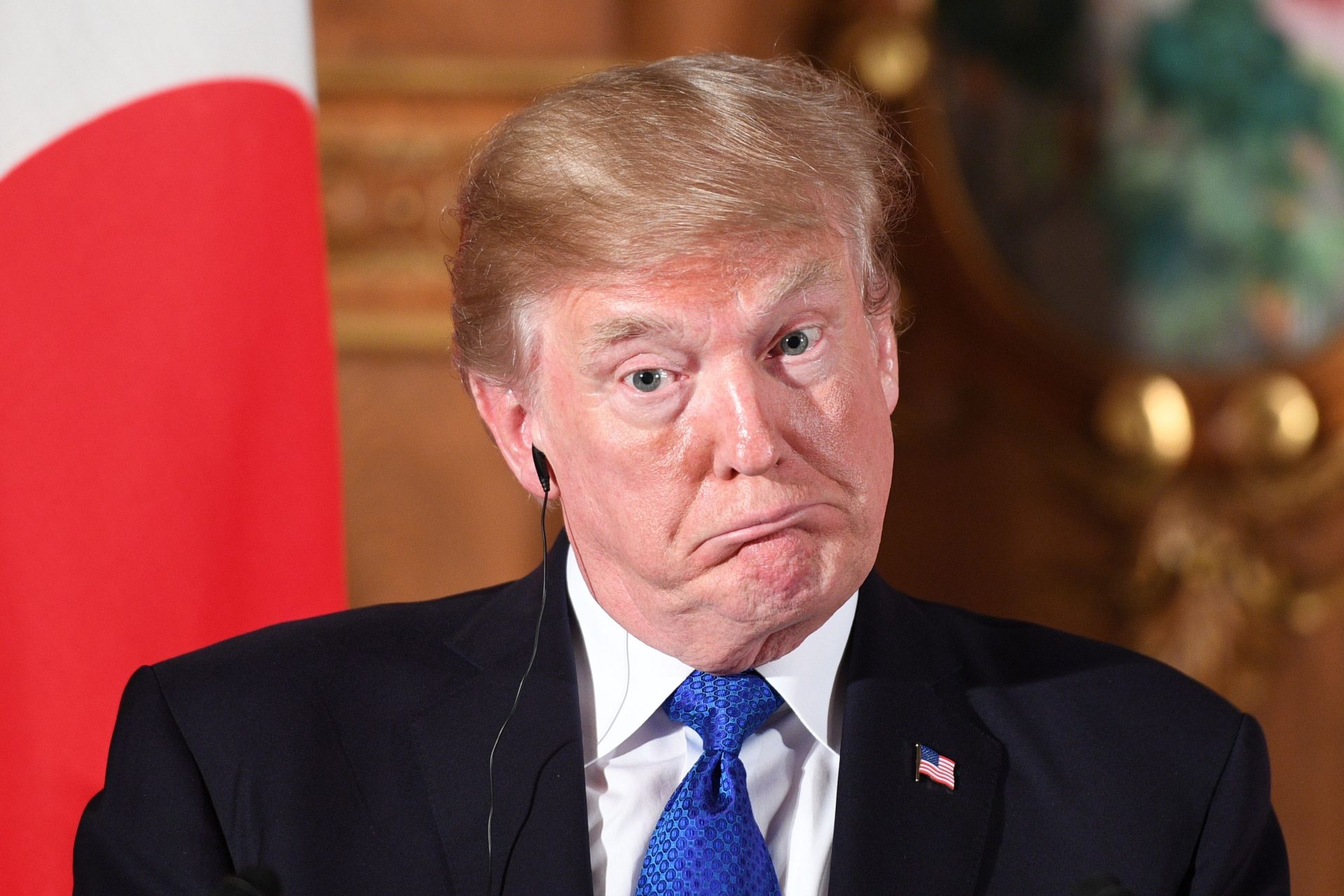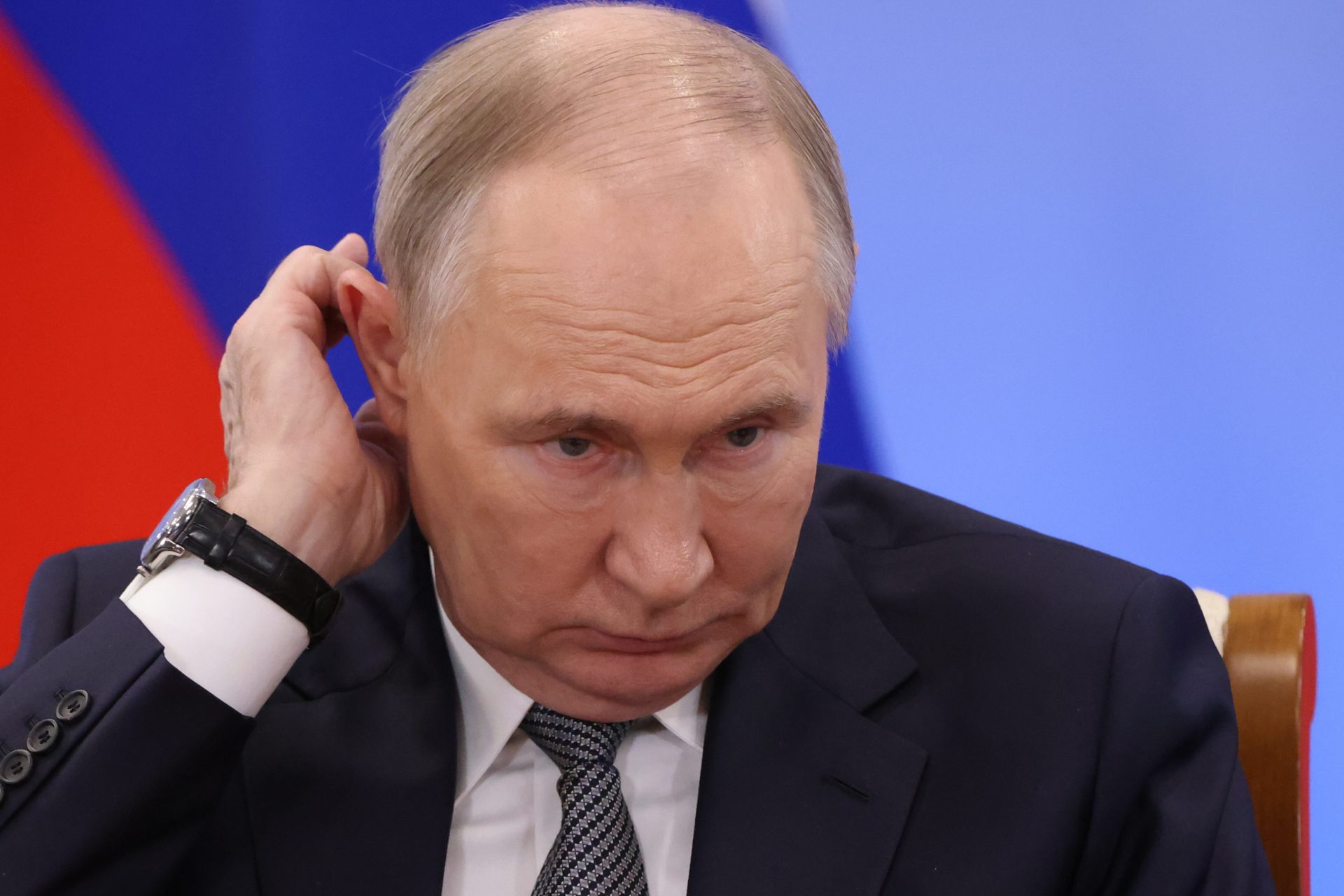Are the inflationary implications of tariffs finally dawning on Trump voters?
New polls show that Trump voters in the US may only now be coming to the realization that aspects of the President-elect’s campaign package might not do them any favors.
Take Donald Trump’s ambition to impose massive trade tariffs not only on China but also on neighboring Mexico and Canada and also the European Union.
“The most beautiful word in the dictionary is ‘tariff,’ and it’s my favorite word,” he told the Economic Club of Chicago in October.
The tariff has been touted as central to Trump’s MAGA project as a means to putting American manufacturing first.
But few who were swept along by the strongman rhetoric actually appeared to understand the concrete implications of such a policy for their own lives. Until now.
The confusion stemmed from the fact that Trump framed tariffs as taxes paid by other countries to import into the US.
Photo: screenshot from @acyn X account
During his election campaign, the line was that tariffs were "not going to be a cost to you, it’s a cost to another country,” as the BBC reports.
In fact, the tax is shouldered by the US consumer, which means when the tariff is hiked, prices in the US will inevitably rise.
More than a month after Trump won the election, a Reuters/Ipsos poll found only 29% of Americans agreed that “it’s a good idea for the US to charge higher tariffs on imported goods even if prices increase.”
In contrast, 42% disagreed with the statement that tariffs were positive even if they entailed higher prices, and another 26% said they didn't know while 3% sidestepped the question.
Moreover, the Reuters/Ipsos poll found that 34% did not think that tariffs would improve job prospects for Americans against 28% who believed American industry would get a boost.
A Monmouth University poll found that 47% of American voters now believe that tariffs will hurt themselves and their families against 23% who believe tariffs will put them in a better position.
Most experts agree that tariffs will trigger inflation. In September 2024, a Chicago University survey asked a group of respected economists about the issue.
Only 2% disagreed with the statement that "imposing tariffs results in a substantial portion of the tariffs being borne by consumers of the country that enacts the tariffs, through price increases.”
This dawning of the reality of what was voted for on November 5 has prompted The Washington Post to suggest there could be a fair degree of “buyers’ remorse” on the horizon.
Ironically, when Trump claimed during his campaign that people had not fully appreciated the implications of the tariff, it looks like he wasn’t wrong, just not quite in the sense he meant.
More for you
Top Stories



